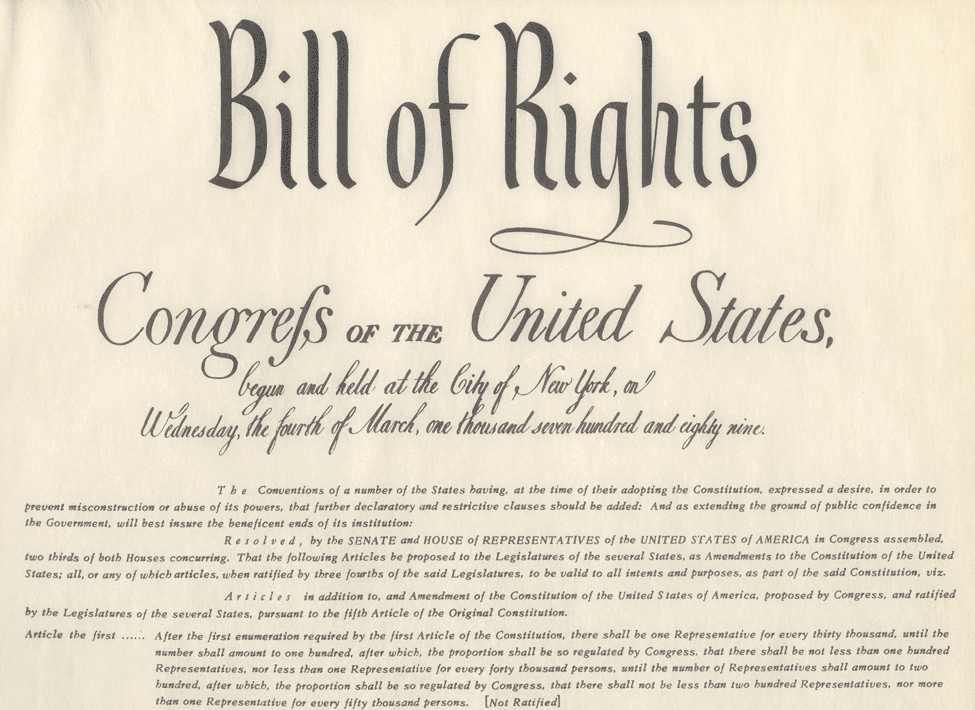CISPA allows companies to voluntarily share information with US government agencies and other corporations all without warrant or user permission. The bill also protects the companies from litigation by their users. This means that a company (Facebook or Google for example) could share anything they wanted about you to the FBI or even each other all without any need to protect your privacy. They can do this without a warrant ever being presented and, as we mentioned all without ever needing you to agree to it. To call this a violation of your right to privacy is an understatement of epic proportions.
However on top of simple right to privacy arguments it violates an even deeper law, the US Constitution which lays it all out in the Fourth Amendment: “The right of the people to be secure in their persons, houses, papers, and effects, against unreasonable searches and seizures, shall not be violated, and no Warrants shall issue, but upon probable cause, supported by Oath or affirmation, and particularly describing the place to be searched, and the persons or things to be seized.”. Now while we have routinely seen courts rule that anything put in digital form is not covered under the Fourth Amendment there has been a growing number of court decisions that have shown that this type of communication cannot be excluded of this amendment’s protection.
The argument is that if you can claim digital rights to a product then there is a reasonable right to privacy and that it should be protected. The upshot of this is that if all of our personal data is open simply because it is on the internet then anything transmitted or put into digital form is open to everyone. That would mean movies, music, TV etc. Of course this is not something that major companies want to have happen as it would kill their business models. These companies have dumped a massive amount of money into lobbying to have these items very loosely defined in some places and more strictly in others.
The upshot of this is that they can hide their property, communication and other items under “copyright” and anything that you have out there has no “reasonable expectation of privacy”. Sort of lopsided don’t you think? We do and there are many others that feel exactly the same way. The problem is that we and the lobby efforts in Washington to stop CISP have been outspent three-to-one in the fight against CISPA. Now that members of Congress are secure for the next few years they are showing their real colors and acting in a manner that is certainly not favoring any of their constituents.
CISPA still has to pass the Senate and then be signed by the President to become, but without any real concerted effort (or an election cycle) it is probably going to pass. We could be looking at the end the right to protected speech, private communication, and your right to maintain private documents and materials anywhere but in your own home. We are more than a little surprised that companies like Facebook, Google and Microsoft did not fight harder to stop this. We can envision a large scale exodus now that people will know that all of these companies will be sharing your data with US Government agencies and with each other. To claim that this law has anything to do with security it a joke and an insult; Law Enforcement can already obtain anything they need with the proper warrant (and by following proper procedures) so there is no need for a law like CISPA at all. The only people that this benefits are the corporations that hold your private information;. Put bluntly, CISPA just turned everything about you into a tradable commodity…
I am not sure if I am more disgusted by the fact that this happened or sad for the future of the internet as an instrument for sharing ideas and culture. Let’s all hope that we can motivate the Senate to reject this bill so that we can keep our online communication free for a little longer.
Tell us what you think in our Forum




